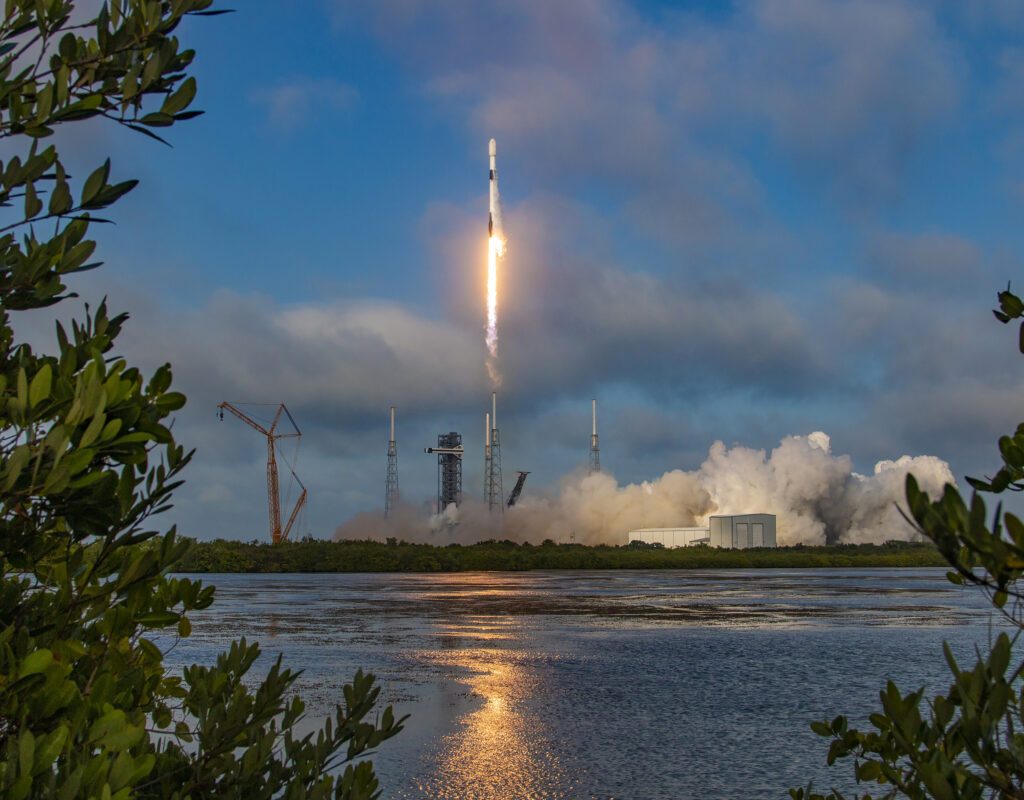SpaceX successfully launched a third pair of O3b mPower satellites for Luxembourg-based operator SES on November 12. The Falcon 9 rocket carrying SES's satellites lifted off from Cape Canaveral Space Force Station, Florida, at 4:08 p.m. Eastern, heading towards medium Earth orbit (MEO). The Boeing-built satellites separated from the rocket about two hours later.
SES confirmed that it successfully contacted the satellites post-launch. The satellites are now en route to their final positions in MEO, a journey expected to take several months, utilizing onboard all-electric propulsion.
Despite SES facing electrical issues with the initial satellites in the constellation, SpaceX's Falcon 9 first stage booster achieved a routine successful landing on a drone ship in the Atlantic Ocean shortly after launch, highlighting the company's commitment to reusability.
SES had originally planned to launch the fifth and sixth O3b mPower satellites by the end of June, but the mission was delayed due to electrical glitches affecting the first four in orbit. The issues were later revealed to be more severe than initially thought, significantly reducing operational life and broadband capacity.
Each O3b mPower satellite was designed to scale up to multiple gigabits per second of throughput, a substantial increase compared to SES's first-generation O3b satellites in MEO. However, the operational setbacks prompted Boeing, under contract to build 11 O3b mPower satellites, to provide an extra two satellites under an amended contract.
The fifth and sixth satellites launched on November 12 are identical to the first four and do not include the upgrades. Boeing's fixes for the affected satellites will delay their launches by about a year.
SES's successful launch positions the company to deploy an initial commercial service covering 96% of the world's population in the second quarter of 2024. Despite the setbacks, SES has distributed and tested over 160 O3b mPower terminals this year using its existing O3b network, serving enterprise and government customers.
SES spokesperson Suzanne Ong confirmed that SES has not yet selected a launch provider for the extra two satellites under the amended Boeing contract, expressing confidence that the agreement's risk-sharing deal with the manufacturer will not require additional investment.
